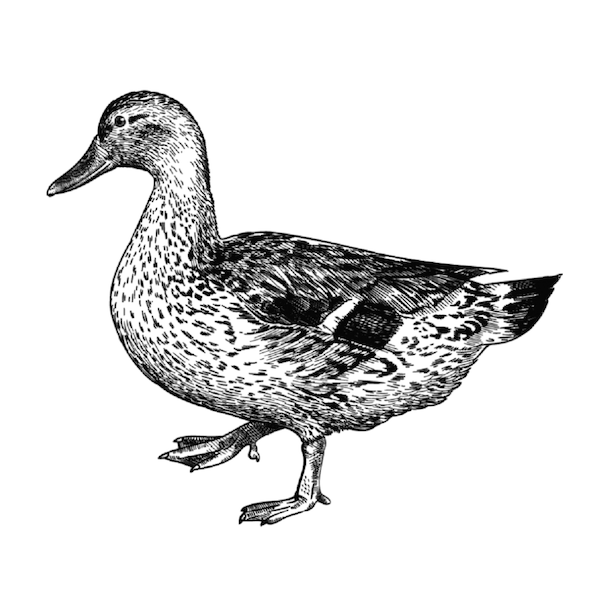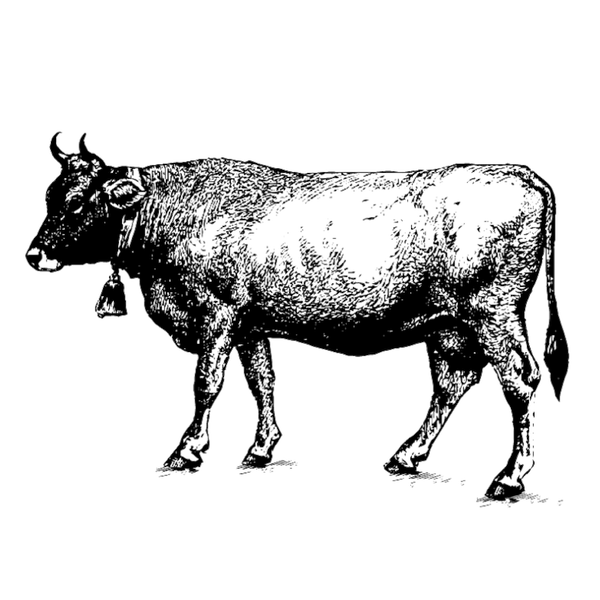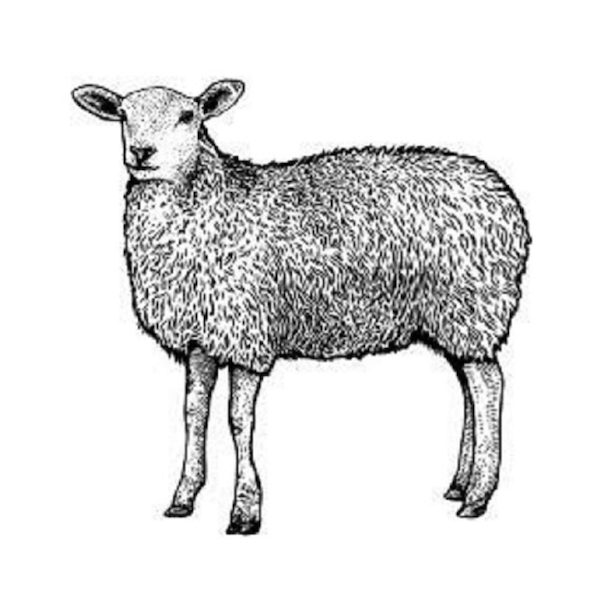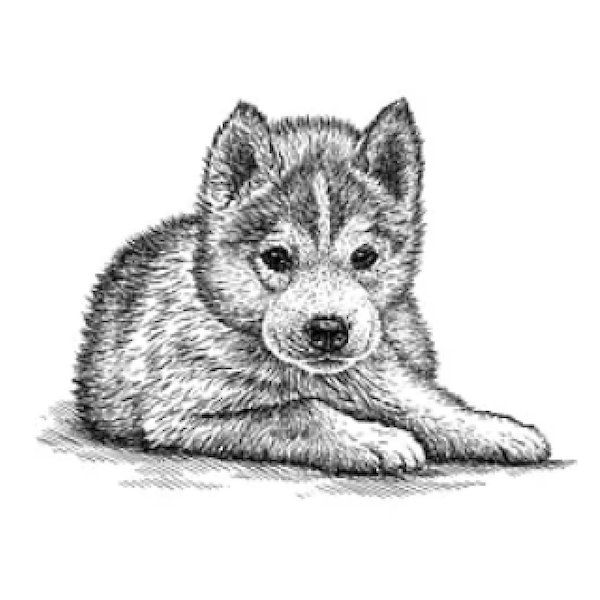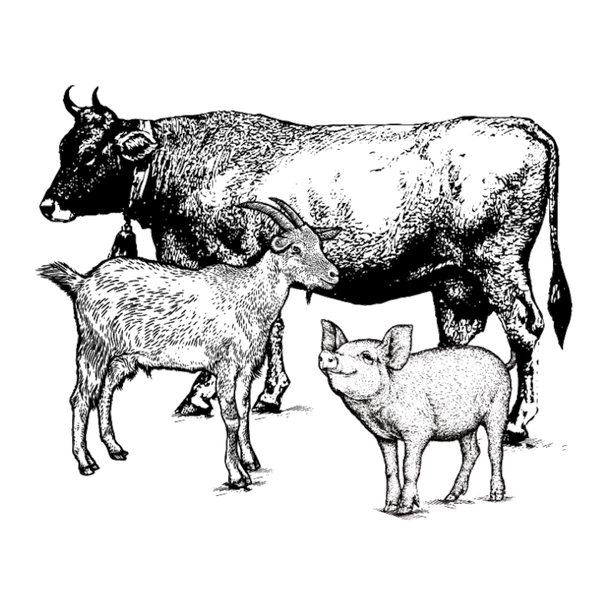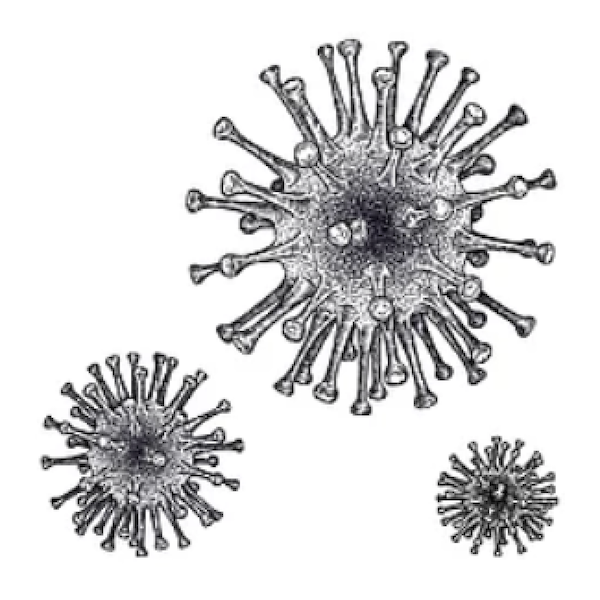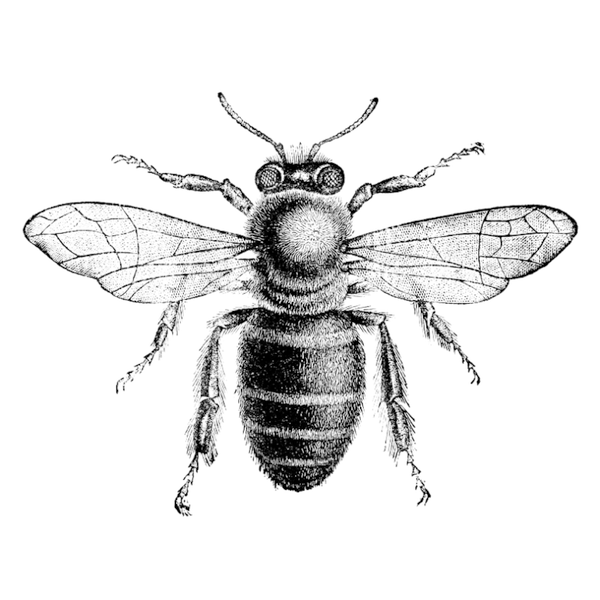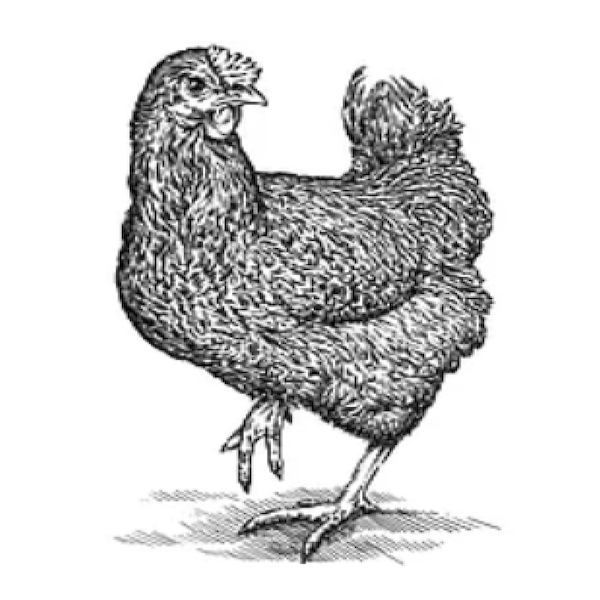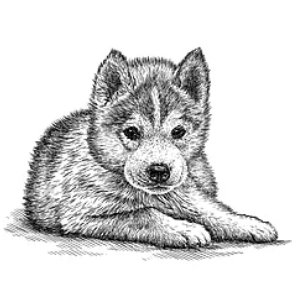Ad hoc Groups
An ad hoc Group is convened at the initiative of the Director General to provide expert advice on a topic as defined by the Terms of Reference. The ad hoc Group reports are considered by the relevant Specialist Commission or Director General. An ad hoc Group usually comprises six internationally recognised experts and take into consideration geographical representation and gender balance.

Nomination of experts
Delegates may nominate experts for specific ad hoc Groups, in particular for those that are in the planning phase not yet formally established. Delegates are also invited to consult the Commission’s work plan to identify potential upcoming area of work. Delegates may send the name(s) of the expert(s) via email to [email protected]. However, experts must submit their relevant information by filling out this form. This information will be considered but does not guarantee that the expert will be selected. It will assist WOAH in establishing a database of internationally recognised experts.
Ad hoc Group reports
Ad hoc Group reports published since 2016 can be accessed from the menu on the top of this page. To access reports prior to July 2016, please refer to reports of the relevant WOAH Specialist Commission available here.
Ad hoc Group meeting schedule
The schedule for upcoming ad hoc Group meetings is presented below.
| Ad hoc Groups | Status | ToR | Year 2024 |
|---|---|---|---|
| AHG on International Standard for Bovine / Avian Tuberculine | 2nd half of the year | ||
| Alternative Strategies for the Control and Elimination of Mycobacterium tuberculosis Complex Infection (MTbC) in Livestock | E | Yes | 16-18 January First meeting |
| Animal Semen: Chapter 4.7. Terrestrial Code | E | 2nd half of the year | |
| Biosecurity: New Chapter 4.X | E | Yes | 26-28 March |
| Code Chapters 5.4 to 5.7 Revision (Animal Health Measures) | E | Yes | 17-19 April |
| Cybersecurity in Animal Health | P | 7-10 Oct | |
| Emerging disease in wildlife | E | Oct or Nov | |
| Emergency disease preparedness and disease outbreak management (aquatic animals) | E | Yes | |
| Development of emergency management standards (first meeting) | E | 10-13 June | |
| Equine encephalitides | P | Yes | 18-20 June |
| Introduction to the recommendations for animal welfare (Revision of Terrestrial Code Chapter 7.1.) | P | 2nd half of the year | |
| Scrapie | P | 1st half of the year | |
| Recommendations for national incident management systems | E | 25-28 Nov | |
| Slaughter and killing of animals for disease control purposes (Revision of Terrestrial Code Chapters 7.5. and 7.6.) | E | Yes | |
| Status evaluation on BSE | E | 1-3 Oct | |
| Status evaluation on Rabies | E | 8-10 Oct | |
| Status evaluation on AHS | E | 9-11 Oct | |
| Status evaluation on CBPP | E | 29-31 Oct | |
| Status evaluation on FMD | E | 5-7 Nov | |
| Status evaluation on PPR | E | 12-14 Nov | |
| Status evaluation on CSF | E | 19-21 Nov | |
| Susceptibility of crustaceans species to WOAH listed diseases | E | Yes | |
| Susceptibility of fish species to infection with WOAH listed diseases | E | Yes | 18-23-25 January |
| Susceptibility of mollusc species to infection with WOAH listed diseases | E | Yes | 11_13 June |
| Technical Reference for listing antimicrobial agents of importance in bovine animals | E | Yes | 9 February |
| Technical Reference for listing antimicrobial agents of importance in cats and dogs | E | Yes | 5 February |
| Updating simulation exercises (on line) | E | 6-8 May | |
| Transport of animals by sea and by land (Revision of Terrestrial Code Chapters 7.2. and 7.3.) | E | 18-20 June | |
| Wildlife: Next generation wildlife health information system | E | Yes | 30 January |
Terms of Reference and Internal rules for Working Groups and ad hoc Groups
Reports from ad hoc Groups on Terrestrial Animals
Disease specific
African swine fever
-
Reports
Animal trypanosomes
-
Reports
Foot and Mouth disease
-
Reports
Peste des petits ruminants
-
Reports
Rabies
-
Reports
Rift Valley Fever
-
Reports
Rinderpest
-
Reports
Theileriosis
-
Reports
Other terrestrial animal related subjects
Surveillance
-
Reports
Veterinary legislation
-
Reports
Veterinary Services
-
Reports
Animal semen
-
Reports
Vaccination
-
Reports
Reports from ad hoc Groups on Aquatic Animals
Disease specific
Susceptibility of crustaceans species
-
Reports
Susceptibility of fish species
-
Reports
Susceptibility of mollusc species
-
Reports
Other aquatic animal related subjects
Safe commodity assessments for listed diseases
-
Reports
Report of ad hoc Groups on animal welfare
Reports from ad hoc Groups on Antimicrobial resistance
Prudent use of antimicrobials (Code Chapter 6.10)
-
Reports
Evaluation for official status and endorsement of control programmes
Bovine Spongiform Encephalopathy
-
Reports
Reports from ad hoc Groups on other subjects
Transport biological material
-
Reports
Next-Generation Wildlife Health Information System
-
Reports



